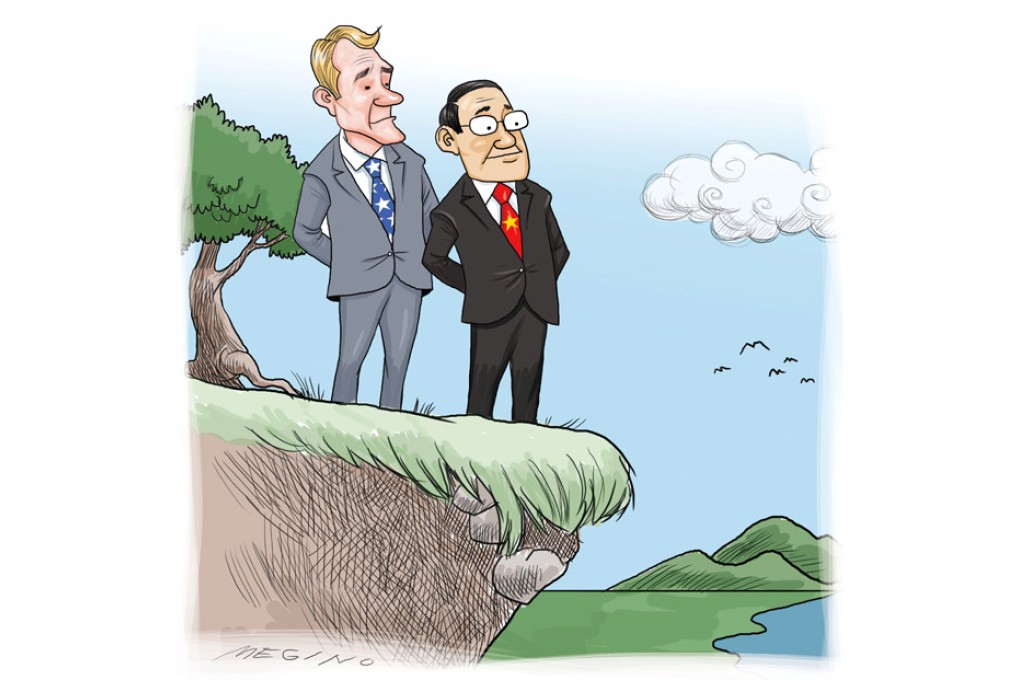Achieving common ground in China-US foreign policy is no pipe dream
Robert Lawrence Kuhn looks to a time when China takes a leading role in foreign affairs, working alongside the US to achieve peace and stability from a position of moral authority

I have a dream that, in a future Syria-like crisis, the US and China will be arm-in-arm allies, working together to convince others of the high-minded rectitude of their joint initiative to maintain peace and enhance prosperity. It is a dream, in truth, that would benefit China and the world - yet it is a dream, in reality, that China-watchers would dismiss as a "pipe dream". Pessimism prevails, which is why China-US disputations over Syria are worth examining.
The spectre of US military strikes in Syria to punish the Assad regime for egregiously gassing its own citizens exposed fault lines between China's and America's perception of the world. A Foreign Ministry spokesman said: "China is firmly opposed to the use of chemical weapons by any party in Syria and expresses serious concern about preparations by relevant countries for unilateral military action."
It is a carefully worded statement: China condemns the obvious evil, avoids ascribing blame, and tweaks the US for preparing "unilateral military action". The second and third points critique the US; the second subtly, the third overtly.
At the G20 meeting, President Xi Jinping said: "A political solution is the only right way out for the Syrian crisis, and a military strike cannot solve the problem from the root. We expect certain countries to have a second thought before action."
"It is appalling," asserted a New York Times editorial, that "Russia and China have not been the focus of international outrage and pressure."
There are four deep reasons why China opposes US military action against Syria. First, China has a long-standing, consistent, absolute policy of opposing all cross-border interventions of any kind and under any circumstance. China harbours an anxiety that if they are permitted - especially those seeking regime change - some day, interventions could be used against China itself. While foreigners may dismiss such an extreme scenario, China remembers its "century of humiliation" when it was invaded, occupied and oppressed by Western nations and Japan.